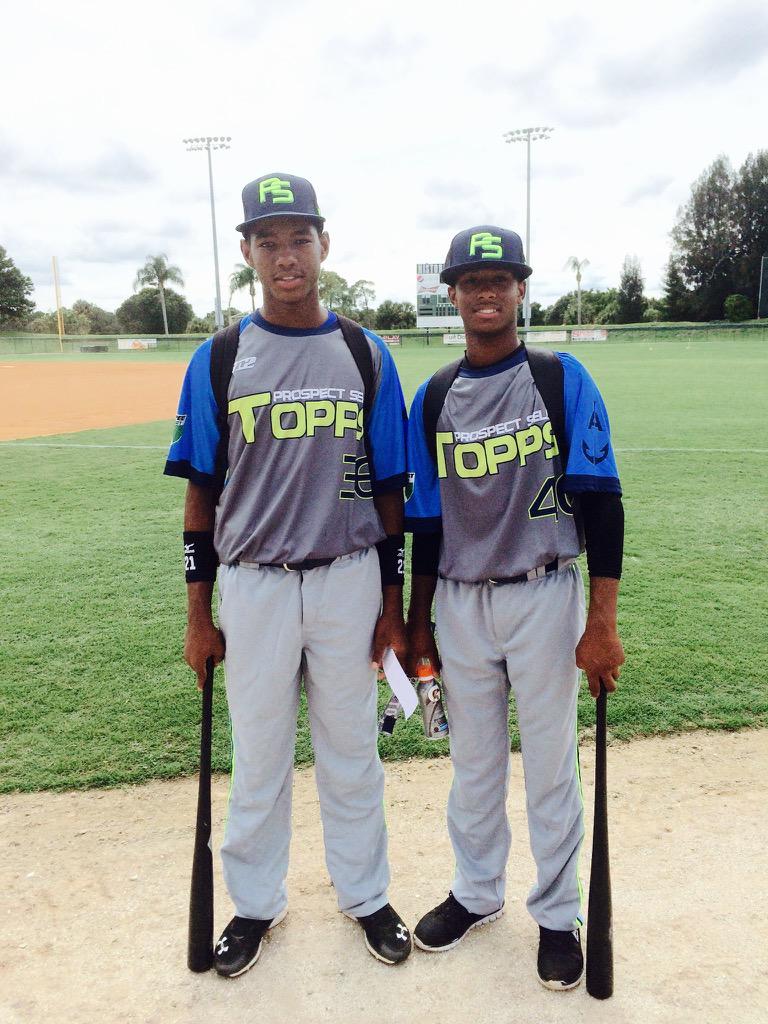So where am I going with this? Well, one of the most crucial concepts in sport psychology to me is self-awareness. This involves knowing both strengths and weaknesses as a player/coach and person as well as understanding the connection between the two. Who we are as people absolutely has an impact on who we are as players or as coaches. For example, I was a perfectionist growing up. Although it helped in developing a strong work ethic, it hurt my perception of what was tolerable in performance. I actually thought I should get a hit every single at-bat in high school! To expect to get a hit every time up is one thing, but the way I handled the inevitable getting out more often than not was unhealthy. This also affected how I took criticism from coaches. I didn't do very well when I felt like criticism was questioning my work on my swing. In hindsight, the mental coach in me would tell myself to focus on the message not the delivery from the coaches. I'd tell myself not to be so extrinsically motivated by how my coaches perceived me. The mental coach in me today would also tell coaches that how you handle a perfectionist should be different than how you handle someone who is haphazard in everything they do. But Coach Ehrlich, I thought we are supposed to treat everyone the same? Only if you don't want to be as effective as possible.
So, what can we do with this information? The real message I wanted to send with the post is there is fine line between being self-aware and still looking to develop as a player and person. Dealing with high school players is going to be different than working with ten year professionals. At the high school level, athletes are rapidly changing as they garner more experience and mature both physically and mentally. What made them successful as a ninth grader would hopefully evolve as they grow. Therefore, a delicate balance is necessary between accepting who one's self is but still looking to improve. It would be viewed as unacceptable, as an example, for a player to just say, "Well, being lazy is just who I have always been." To accept this would be against our DNA as coaches. Instead, a followup for the player would be something to the effect of, "Well are you okay with being the player you have always been?" The answer would be indicative of what a player's future goals are. If he is okay with just being an average player, then that is ultimately his decision. You then don't stop coaching him up, but it honestly keeps you from driving yourself crazy wanting it for him. If he wants to be a "dude," then hopefully it clicks for the player to make an adjustment. That "got it" moment may be what helps the player to then accept coaching to the point of being pushed to become as good as possible.
In conclusion, I would like you to consider this point. Being you is one of the greatest character traits I admire in both athletes and people. I think the most exceptional of athletes are able to know what their strengths are and to play to those strengths as often as possible. I'm also reminded of what has become one of my favorite quotes from a surprising "expert" in the field of sport psychology, Dr. Seuss. "Today you are You. That is truer than true. There is no one alive who is Youer than You." That quote will always be true. What we have to challenge ourselves to do as people and players/coaches is to accept that while still looking to become the greatest version of ourselves possible. When we stop learning, after all, we stop living.

